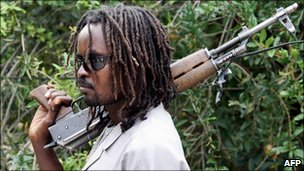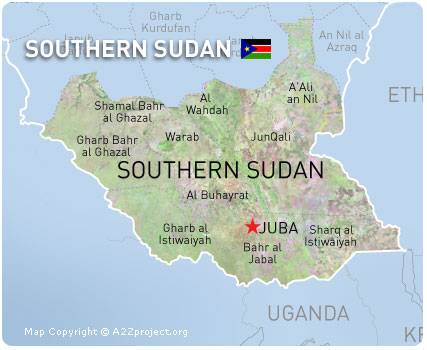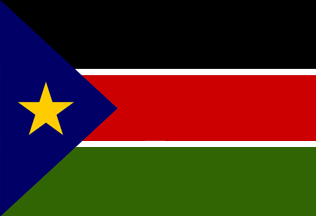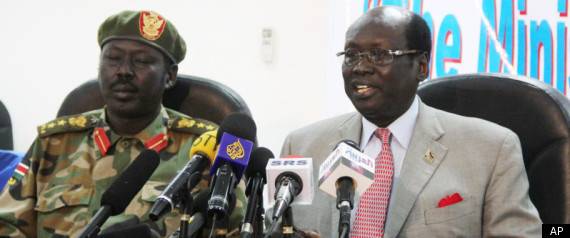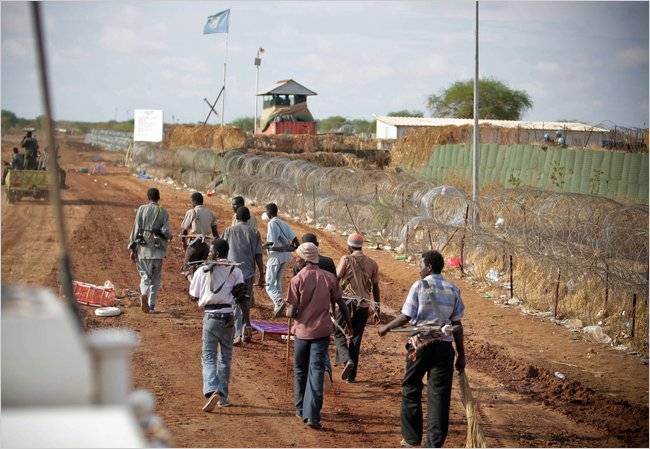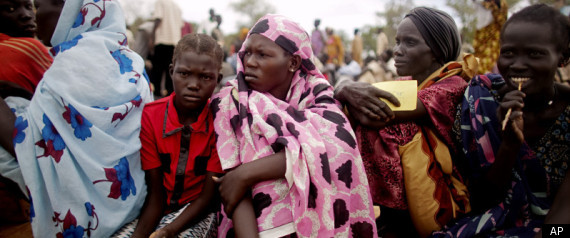Incentivization of violence rebellions is the threat to Peace and stability in South Sudan, not Hon. Pagan Amum

Incentivization of violence rebellions is the threat to Peace and stability in South Sudan, not Hon. Pagan Amum

PaanLuel Wël, Washington DC, USA
As you make your bed, so must you lie on itEnglish Adage.
March 27, 2011 (SSNA) -- I rarely comment on nor engage in futile debate on trivial issues raised on this news-site though many topics that justifiably demand and does deserve such course of actions from my standpoint of view do abound. Sometimes, however, circumstantial events such as the recent articles authored by Deng Reik KhoryoamMarch25th, 2011called for the embracement of pragmatic flexibility in the face of such unwarranted and sensationalized political propaganda.
In the article, Pagan and the likes area threat to peace and stability in South Sudan!, Mr. Khoryoam attempted to paint an eerily dark and reckless picture of Hon. Pagan Amum, the SPLM SG and the Minister for Peace and CPA Implementation in the government of Southern Sudan, as the sole cause of all problems bedeviling the soon-to-be independent state of South Sudan.
Without delving into each and every baseless accusation he congregated against Hon. Pagan Amum, the doyen of our liberation struggle, it would suffice to state that Mr. Khoryoam is of the erroneous notion that Pagan and the likes are leveling uncalled-for allegations against the NCP; are strikingly lying before cameras about forged animated documents purported to incriminate the NCP; are deliberately diverting public attention away from the SPLM/A own failures to provide public security in South Sudan; and are archaic communists fond of making redundant noises at the wrong time/forum.
Mr.Khoryoam further submitted that Hon. Pagan Amum is resolutely drawing a wedge between President Kiir of the SPLM and Dr. Lam Akol of the SPLM-DC, much to the destabilization of South Sudan. This audaciously insinuate that the two leadersPresident Kiir and Dr. Lamwould have otherwise been on cordial and collaborative political terms if only there was no this supposedly devil called Pagan and the likes near the corridors of power in Juba.
Thus, were Mr. Khoryoam to have his ways and will, he would advise President Kiir, and anyone else who care to listen for that matter, to shun Pagan and the likes by all means and costs necessary.
It is worthwhile to supplementarily state that this is not the first time Mr.Khoryoam is unleashing an unearned attack on one of our war veterans. Following the unfortunate and senseless massacre of innocent civilians of Fangak by the forces of George Athor Deng on February 9th, 2011, Mr. Khoryoam, in one of his penned article in the immediacy of the ill-fated killing, called out Hon. James Hoth Mai, another iconic figure of our liberation struggle, as a coward and a Dinka slave.
Yet, all good citizens of South Sudan very well know that without the sacrificial perseverance and steadfastness to the core principle of liberation struggle by the devil and the coward as Mr. Khoryoam would rather have us believe in Hon. Pagan Amum and Hon. James Hoth Mai respectively; the SPLM/A, that exclusively spearheaded and fought the war of independence, and hence brought the CPA on a golden plate, would have been defeated between the harrowing years of 1991-2005.
Incentivization of violence rebellions is the threat to Peace and stability in South Sudan, not Hon. Pagan Amum


